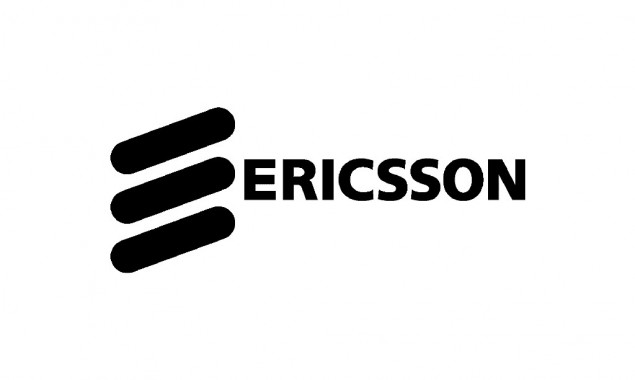Pakistan’s tax-to-GDP ratio remains below double-digit
KARACHI: Pakistan registered a 9.92 per cent tax-to-GDP ratio during the fiscal...

KARACHI: The nations with low broadband connectivity have the potential to realise an increase in GDP by up to 20 per cent by connecting schools to the Internet, a report issued by the Economist Intelligence Unit (EIU) and sponsored by Ericsson, revealed.
A well-educated workforce is more likely to be innovative and foster groundbreaking ideas, leading to economic development and job creation. The EIU analysis shows that for every 10 per cent increase in school connectivity in a country, the GDP per capita could increase by 1.1 per cent.
The report also recommends that public, private and NGO sector leaders around the world can make a dramatic impact towards bridging the digital divide by joining forces to make Internet connectivity a global reality for school children of all ages.
As a result, Ericsson today appeals to these players to get behind the efforts of Giga (a school connectivity initiative founded by Unicef and the International Telecommunication Union) through funding, data sharing, technological expertise and reimagining sustainable business models for connectivity.
Ericsson has committed its efforts through a three-year partnership with Unicef to help map the current school connectivity gap across 35 countries.
The Ericsson-backed EIU report, “Connecting Learners: Narrowing the Educational Divide” has reinforced the company’s belief that the ambitious goal of Giga, to connect all schools and their surrounding communities by 2030 is achievable.
Heather Johnson, vice president of the Sustainability and Corporate Responsibility, Ericsson, said: “When Giga was announced, we immediately understood the positive impact it could deliver – bridging the digital divide between and within countries, to give children the world over the opportunity of bright and rewarding futures.”
She said: “The report makes it clear that [the] partnership between business leaders, public sector leaders and NGOs can take effective action to address this issue and significantly impact lives. Every player in these sectors, no matter how big or small, can make a difference. We encourage stakeholders to read the report and more importantly join the Giga initiative to help realise this important goal.”
Charlotte Petri-Gornitzka, Unicef deputy executive director, Partnerships, said: “Together, we’re mapping schools around the world to identify connectivity gaps in communities. It’s key that we collaborate across sectors to connect schools and provide quality digital learning, so every child and young person can leapfrog to a brighter future.”
The EIU report shows how school connectivity can lead to improved educational outcomes and enhanced career opportunities for children, resulting in higher economic activity and community growth.
The report also finds that these individual-level benefits for children have a snowball effect leading to higher incomes, better health, and improved overall wellbeing. The benefits can extend beyond children, supporting wider community development and economic growth.
Catch all the Sci-Tech News, Breaking News Event and Latest News Updates on The BOL News
Download The BOL News App to get the Daily News Update & Follow us on Google News.